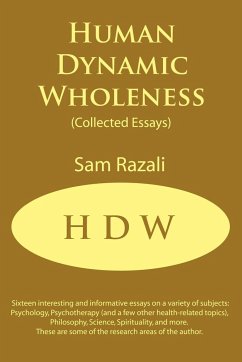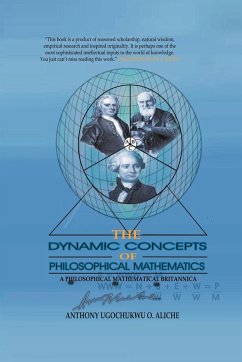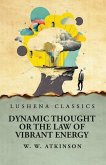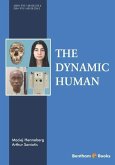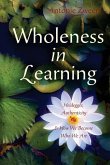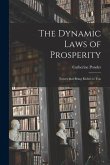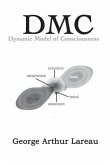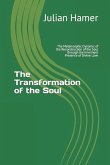About The Book Human Dynamic Wholeness (Collected Essays) After having expanded the areas of his research beyond psychology, psychotherapy and some other health-related areas, the author, Sam Razali, decided to write a book consisting of a number of essays on some of his favourite research areas; this is something that he always wanted to do Though the sixteen essays chosen are on various topics and from different fields, the author in writing each one of them has aimed at making them a) informative, b) critically thought-provoking. c) and of course, interesting and enjoyable to read. The reader will notice that the author has written them courageously, i.e. he has not been afraid to be different ----- different in expressing his thoughts and in putting forward his views and ideas. Many of the ideas that Sam Razali, in some of these essays, has expresseed will be regarded as highly controversial, and by some perhaps as "ridiculous". His article on A Cosmic Concept of Human Being will be fiercely contested by perhaps most psychologists. His views on the great philosopher, Hegel, may annoy many students of philosophy, and in the same essay his high regard for and some of his views on Karl Marx may be found by many people challenging. But the one that might be truly controversial, particularly among theologians and philologists, is "Aramaic:The Blessed Language" (Aramaic is the language spoken by Christ Jesus). Having said all these, it must also be said Sam Razali is confident that great majority of the readers not only will enjoy reading most of the essays, but many of them will also benefit, probably a great deal, from reading some of the topics (and following some of the suggestions) in this book. These essays, in varying degrees, contain fresh thoughts and original ideas.

